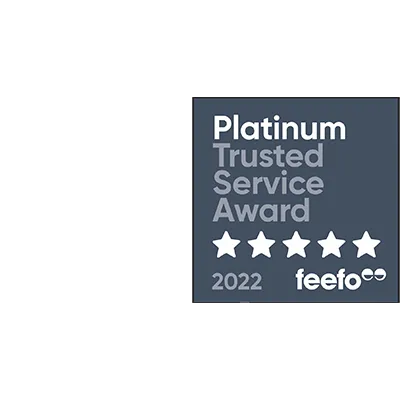- Motor Trade InsuranceMotor Trade Insurance
We know the motor trade’s a mixed bag – and we pretty much cover it all (it’s our speciality). So if you ever have customers’ vehicles in your care, or you sell, recover or recycle cars, we can find you affordable motor trade cover that will keep you protected, even if you’re part-time or under 25 years old.
- Car Dealer InsuranceCar Dealer Insurance
If you sell vehicles, then we can find you the right policy at a good price. That’s whether you’re a large car dealer with sites all over the country or you’re an independent trade dealer working part-time. Our team will simply chat to you about your exact needs and find you motor trade insurance to match.
- Mechanic InsuranceMechanic Insurance
Mechanics carry out a real mix of work, from MOTs to mobile repairs.
- Car Valeting InsuranceCar Valeting Insurance
Your job is to make vehicles look the best they can be. Ours is to make sure you can do that as safely as possible.
- Tyre Fitting InsuranceTyre Fitting Insurance
Fitting tyres has to be done fast and properly. As a fitter, you probably keep a large stock of tyres at your garage, from high-quality brands to part-worn. Whatever your stock’s like, we’ll make sure it’s covered – so if anything happens to it, you don’t need to worry.
- Car transporter InsuranceCar transporter Insurance
Moving your customers’ vehicles from one place to another is a big responsibility. Whether recovering, repossessing or delivering for a fee, you need to keep the vehicle safe. Our car transporter insurance is specially designed to do just that.
- Body Shop & Crash Repairs InsuranceBody Shop & Crash Repairs Insurance
From big bangs to little niggles (like that scrape on the bumper), body shops and crash repairers like you work hard to get a vehicle as good as new again. We keep you covered while you do it.
- Vehicle Salvage & BreakingVehicle Salvage & Breaking
Told you we accept any challenge. Not every insurer will cover vehicle salvage, breaking and recycling – but we’ve got the specialist network of insurers that can build you the right policy for this particular part of the motor trade.
- Other Motor tradesOther Motor trades
Trust us, we know motor traders come in all shapes and sizes (we’ve been finding you cover for long enough). So whatever your trade, and however you work, we can find you the right policy.
- Car Dealer InsuranceCar Dealer Insurance
- Risk ManagementRisk Management
Insurance is all about protecting you if something goes wrong. But we can go one step further and help you prevent things going wrong in the first place. Our risk management service helps you run your business as safely as possible, while also boosting your chances of getting a claim paid out if something does happen.
- ClaimsClaims
We understand that when it comes to insurance, you take it out but you never want to use it. So if something happens and you have to claim, you want it to be as easy as possible. With DNA, it is.
- Why DNA?Why DNA?
Why DNA?
- News and ViewsNews and Views
News and views
- Contact UsContact Us
Contact us
- MID UpdateMID Update
Mid update
- Customer PortalCustomer Portal

